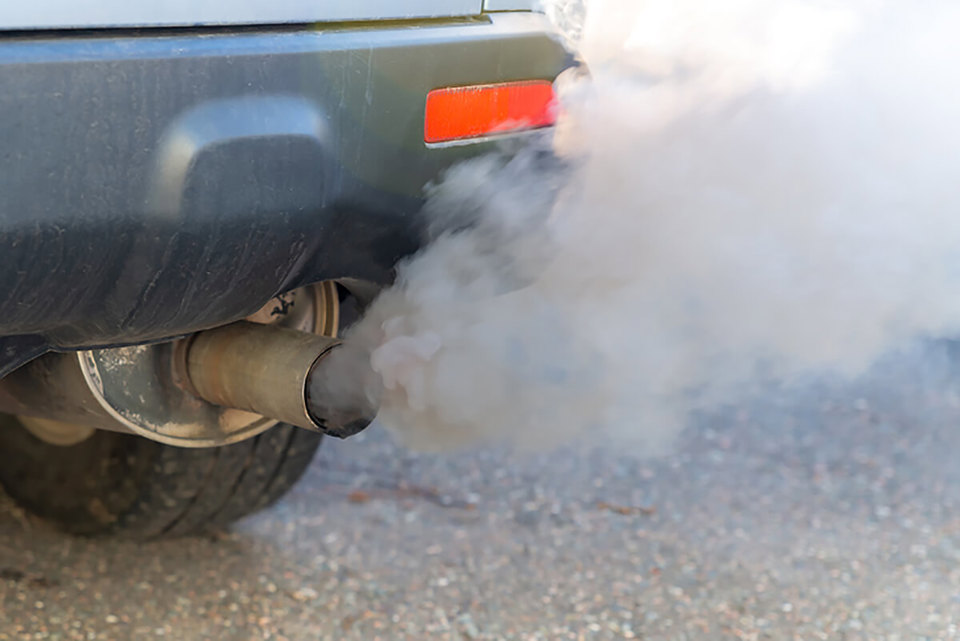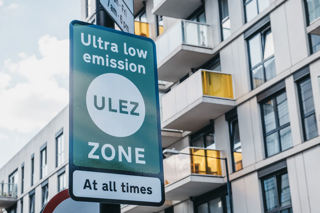The clean air zone (CAZ) in Leeds is no longer required after fleets switched to cleaner vehicles faster than expected, a joint review by Leeds City Council and Government has found.
The decision comes as Bath and Birmingham announced plans to forge ahead with their charging CAZs.
Birmingham’s CAZ will start from June 1, 2021, while Bath will start charging non-compliant vehicles from March 15, 2021.
Leeds City Council suspended the introduction of its CAZ in August, while it re-assessed the air quality issues in the city.
It found that more than 90% of buses and 80% of heavy goods vehicles (HGVs) driven in the city now use cleaner Euro VI engines and therefore wouldn’t be charged if a zone was introduced.
Research shows that the newer vehicles emit significantly fewer emissions than older models, especially when travelling at the slower speeds often travelled in urban environments.
Nearly half of the city’s licensed taxi and private hire cars are also now hybrid or electric.
The review found that, because of the dramatic shift to cleaner vehicles, air pollution in Leeds on key routes is below legal limits and is not likely to exceed them again—even if traffic were to return to ‘normal’ levels or slightly higher.
Transport infrastructure improvements and the surging popularity of ultra-low emission vehicles in Leeds are further accelerating improvements to the city’s air quality, it said.
City asks to keep CAZ funding
The council has written to the Government requesting to keep £6.9 million of CAZ funding that Leeds had previously secured to ‘lock in’ the full extent of air quality improvements.
The money would be used to continue offering grants to help local businesses switch to cleaner vehicles as well as to provide free licensing costs to drivers of less polluting taxi and private hire cars.
Leeds will also be able to keep and repurpose the ANPR camera infrastructure that had been installed to monitor and enforce the zone.
In the unlikely event that air quality declined for any reason, the council retains this infrastructure and says it could seek support from central Government to introduce a CAZ.
As part of an updated air quality strategy being brought forward early next year, Leeds City Council is also proposing to voluntarily introduce stricter new targets for local air quality that are aligned with World Health Organisation guidelines.
Councillor James Lewis, deputy leader for Leeds City Council and executive board member with responsibility for air quality, said: “Thanks to our city’s collective effort, Leeds residents are breathing air that is cleaner and safer than ever before.
“When we consulted on the CAZ in 2018, we said that we hoped that no one would be charged because businesses would switch to less-polluting vehicles before the charging system takes effect. That is exactly what has happened.
“We have achieved the aims of the clean air zone without having to charge a single vehicle.
“If Leeds were to introduce a CAZ today, only a fraction of vehicles would be affected because the vast majority of businesses are now driving cleaner vehicles than they were just a few years ago.
"Not out of the woods yet"
However, Andrea Lee, clean air campaigns manager at environmental law charity ClientEarth, insisted that Leeds is “not out of the woods yet” and accused the council of “abandoning the one measure guaranteed to protect people in the shortest possible time”.
“While the promise of a clean air zone has prompted drivers and businesses to switch to cleaner vehicles, the latest reported air pollution measurements from the council still show that parts of the city are over national air quality standards," she added.
“With Covid-19 endangering people’s respiratory health, rowing back on a measure that has been proven to reduce pollution seems not only illogical but reckless – leaving Leeds unprotected as other cities implement their own clean air zones.”
Senior councillors will discuss the conclusions and proposals to voluntarily introduce new air quality targets that go further than the national standards at a meeting of the council’s executive board next week.























Mr Mc - 14/10/2020 13:27
Well, well, well, Labour run Leeds City council wasting more money on yet another pie in the sky scheme. CAZ, The White Elephant Cycle Superhighway, the abandoned tram scheme, there is a pattern forming here, and now they're talking about devolution of power and having their own budget control, lord help us before its too late. Central government would do well to keep devolution off limits until we get a conservative council who dont throw money around like its somebody elses.